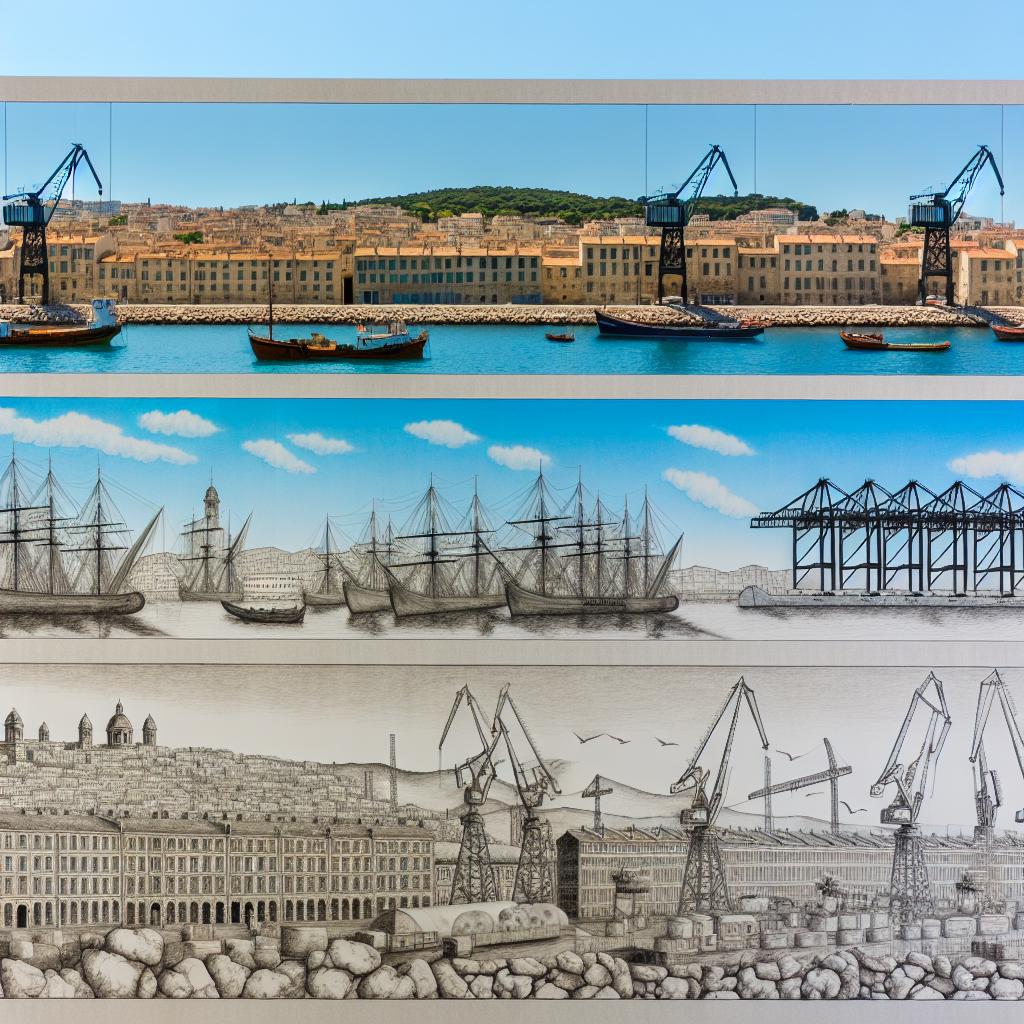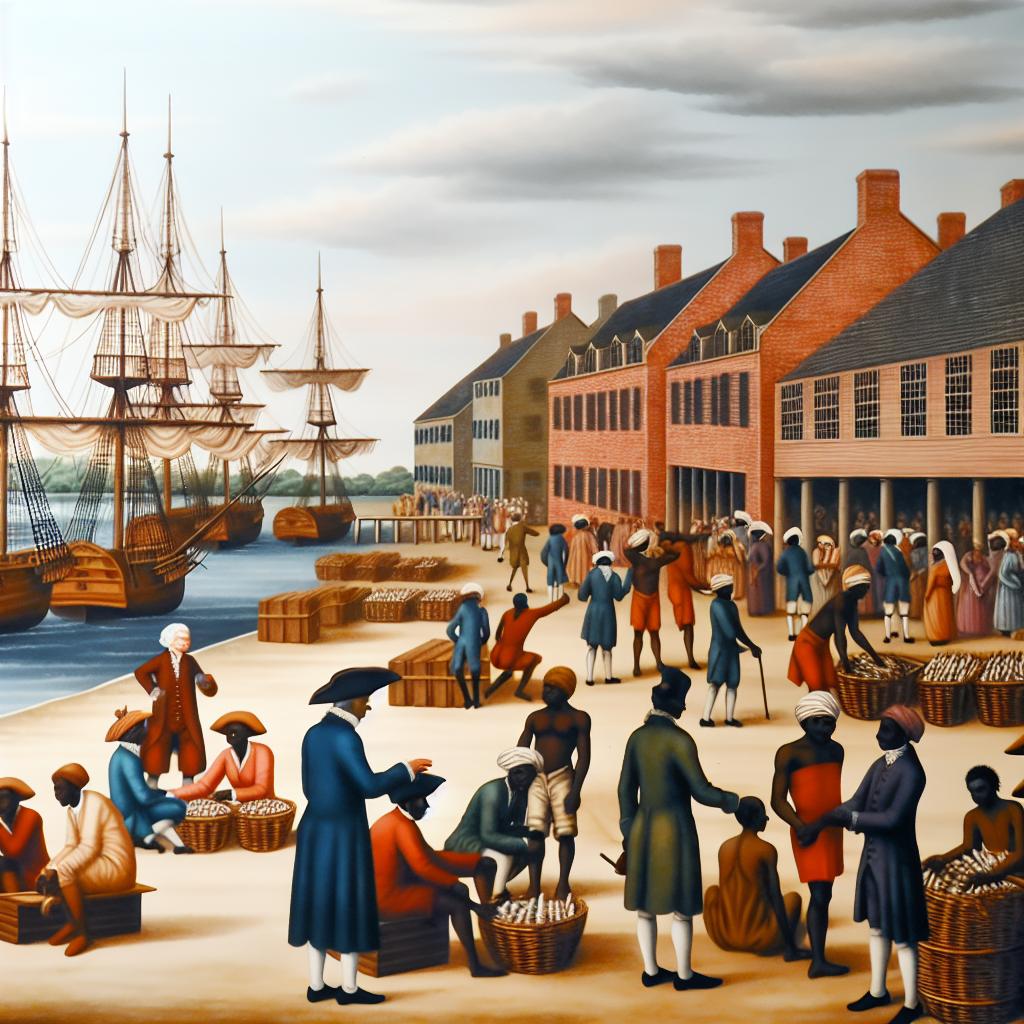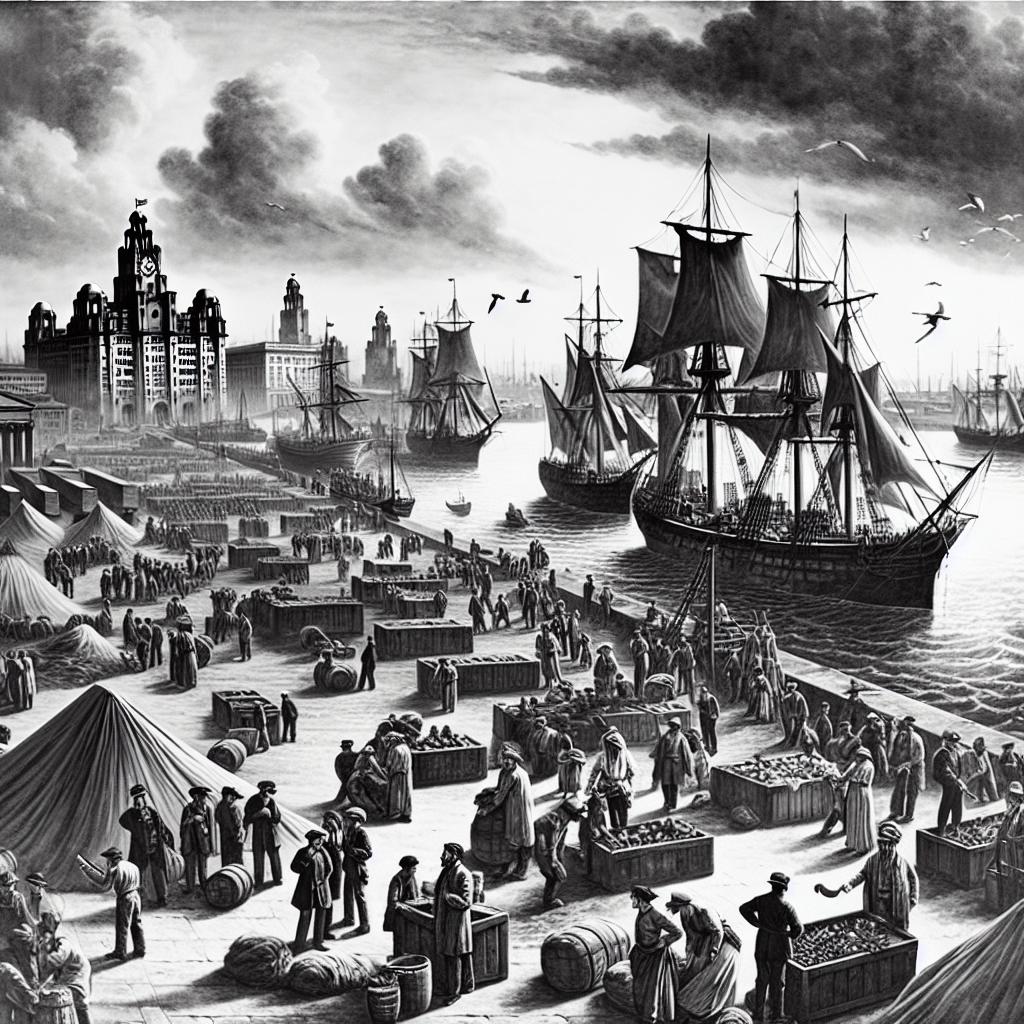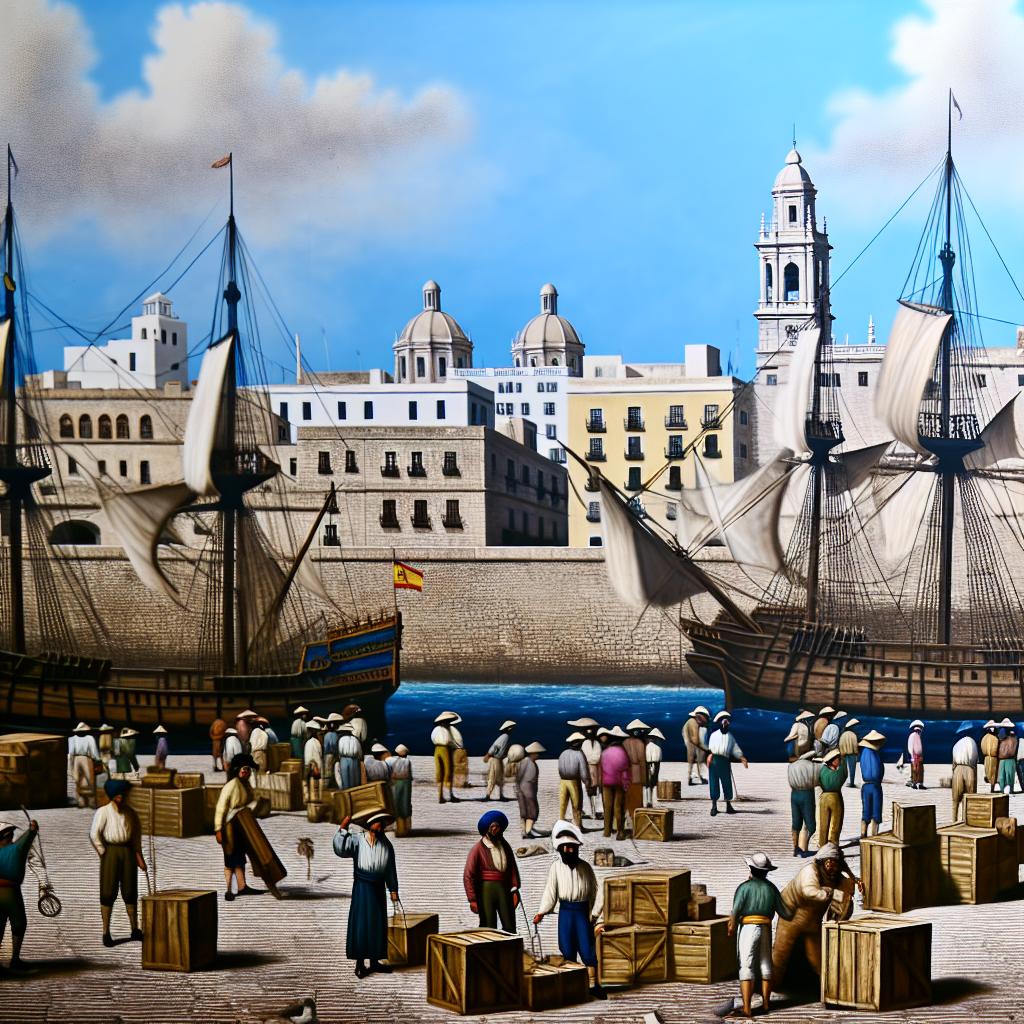The Origins of the Port of Marseille
The Port of Marseille, situated on the Mediterranean coast of France, stands as one of the country’s oldest and most significant maritime gateways. Founded by Greek settlers from Phocaea around 600 BC, the city—initially named Massalia—swiftly developed into a pivotal trading hub due to its strategic location and natural harbor. Over the centuries, Massalia expanded as a nucleus of commerce and maritime activity, forging a network of trade connections throughout the ancient world.
The Growth of Trade and Expansion
During the Roman period, the Port of Marseille continued to thrive as a major trading center. Its integration into the Roman Empire allowed for increased connectivity across the Mediterranean, enhancing its status as a vital commercial link between Europe, Africa, and the Near East. The Romans invested significantly in infrastructure, constructing roads and storage facilities that facilitated the exchange of goods such as wine, olive oil, and grain. This development enabled the port to maintain its pivotal role in trade and economic activities during that era.
The significance of the port grew as new trade routes emerged. Roman roads extended further into Europe, while sea routes became more established, allowing for the influx and outflow of a variety of goods and cultural exchanges. This connectivity not only brought wealth and prosperity but also contributed to Marseille’s cultural and social evolution. As a bustling cosmopolitan city, it attracted merchants, scholars, and travelers, enriching its cultural tapestry.
Maritime Significance in the Middle Ages
In the Middle Ages, the Port of Marseille maintained its strategic and economic importance. As the city became part of the County of Provence, the port served as a key base for maritime expeditions and military campaigns in the Mediterranean. Its shipyards were hubs of activity, producing vessels for both trade and warfare, including the renowned galleys of the era. These ships were essential for maintaining robust trade networks and defending the region’s interests against maritime threats.
During this period, Marseille was not merely a commercial center but also a strategic military stronghold. Its naval capabilities were crucial for the protection of its commerce and the broader region. The port’s ability to adapt to the changing political and economic landscapes of the Middle Ages was a testament to its resilience and strategic foresight. The ongoing shipbuilding and maintenance activities provided employment and supported the local economy, ensuring the city’s continued relevance in maritime affairs.
Modern Developments in the 19th and 20th Centuries
The Industrial Revolution ushered in transformative changes to the Port of Marseille. The advent of new technologies and industrial processes facilitated the modernization of port facilities and fostered the expansion of maritime commerce. Throughout the 19th and 20th centuries, the port adapted to the rise of steamships and, subsequently, container ships, establishing itself as a leading hub for the export and import of raw materials and manufactured goods.
One of the most significant developments during this time was the construction of the Suez Canal in 1869. This engineering marvel dramatically enhanced the strategic importance of the Port of Marseille by creating a direct maritime route to the Far East. As a result, Marseille experienced substantial growth, not only in terms of trade volume but also as a crucial transit point for colonial goods and travelers. The influx of diverse goods and people enriched the cultural fabric of the city, reinforcing its position as a global crossroads.
Industrialization brought about challenges as well, including the need to manage increasing volumes of cargo and evolving transport technologies. In response, the port authorities implemented developments such as deeper docks and more advanced cargo handling techniques. These advancements ensured efficient operations and enabled the port to handle larger vessels, aligning with the demands of modern shipping.
The Port Today: A Modern Multimodal Hub
In the 21st century, the Port of Marseille continues to evolve as a dynamic and modern multimodal port complex. It offers extensive facilities for cargo handling, logistics, and passenger services. Key cargo handled at the port includes bulk cargo such as oil, refined products, chemicals, food commodities, and construction materials. Furthermore, innovations in logistics have allowed seamless integration with rail and road transport, enhancing its status as a central node in European and global supply chains.
The port serves as an integral part of the regional economy, connecting Southern Europe with North Africa and the Eastern Mediterranean. The geographic location of Marseille offers unparalleled access to significant European markets, further enhancing its attractiveness as a logistics hub. It plays a crucial role in facilitating trade and economic exchanges in the Mediterranean region and beyond.
Sustainability and technological innovation are now key focuses of the Port of Marseille. Investments in green energy solutions, such as the use of LNG (Liquefied Natural Gas) for ships and the implementation of solar power technologies, underscore the port’s commitment to reducing its environmental footprint. Additionally, digital infrastructure innovations, including smart port technologies and automated systems, contribute to greater efficiency in operations. These initiatives ensure that the port remains competitive and capable of meeting the demands of global commerce in an environmentally responsible manner.
Overall, the Port of Marseille remains a testament to centuries of maritime development and a thriving center of international trade, adapting continuously to meet the evolving demands of the global market. Its storied past and innovative present make it not only a vital economic engine for the region but also a symbol of Marseille’s enduring maritime heritage. As it continues to push boundaries in maritime logistics and environmental stewardship, the Port of Marseille is poised to maintain its pivotal role in shaping the future of global trade.




